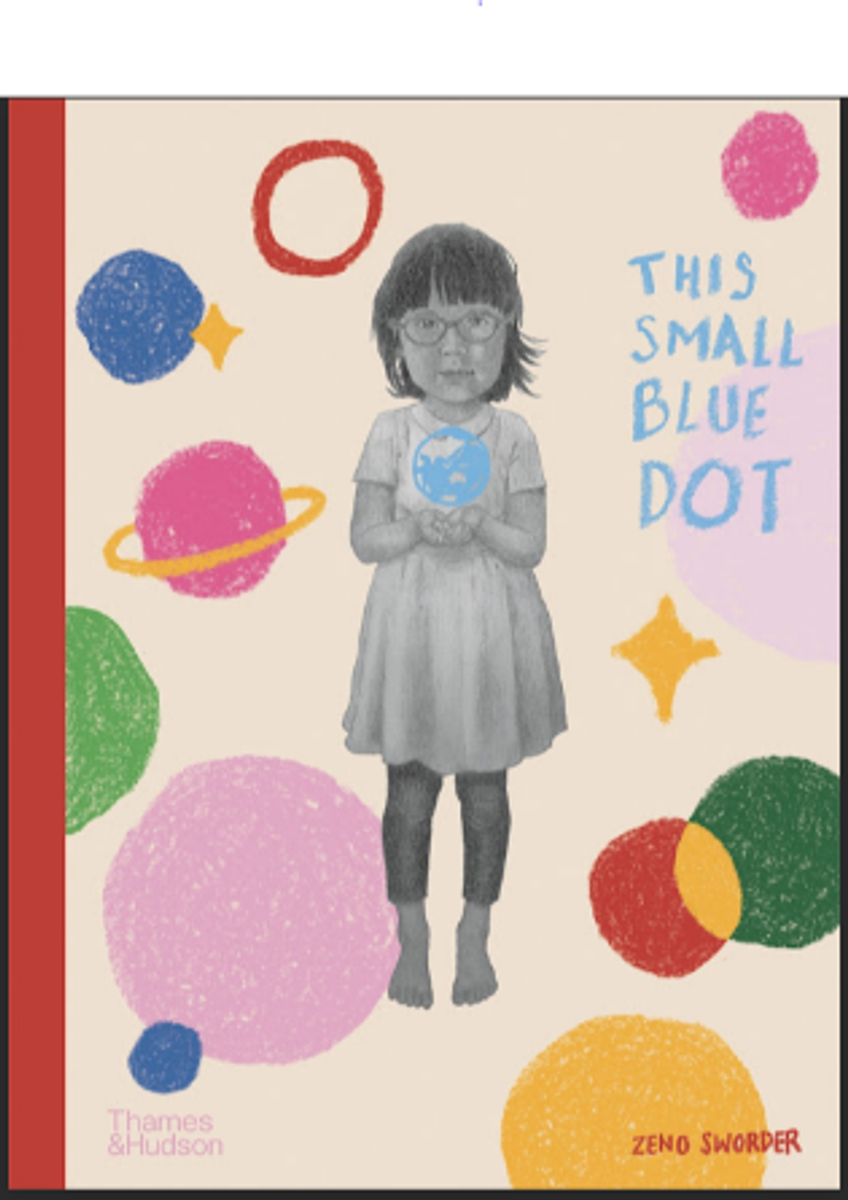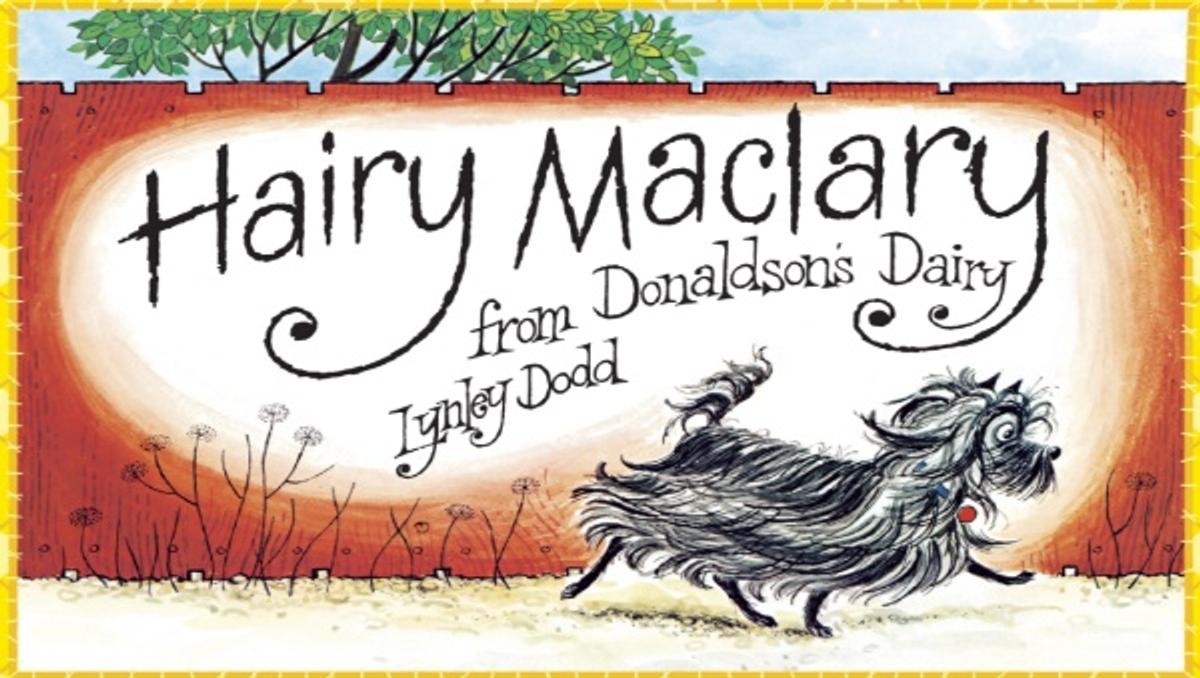Principal
Mrs Fiona McAuliffe

Principal
Mrs Fiona McAuliffe


Last week we celebrated Book Week and I had the pleasure of sharing an award-winning book with the Year 3 students on their virtual camp. We read ‘This Small Blue Dot’, by Zeno Sworder. We were reminded of the importance of looking after our planet and the importance of favourite desserts!
Reading is an important part of our learning, and skills in this area are essential for learning in all disciplines. Students who read often do better in their results, on average, than those who don’t. Reluctant readers benefit from having books read to them. So, how do you choose a good book?
What makes the perfect children’s book? Young readers generally prefer adventure, silliness and a few good scares to soppy stories about love and inclusivity. As any bedtime-story veteran knows, books with a heavy-handed moral message just don’t strike a chord with little ones. Just as importantly, they're more likely to put parents to sleep before their children. And this is key: the perfect children’s book must appeal to adults as well as kids, in equal proportion. Kids don’t really enjoy books that are too simplistic or speak down to them … good books have more sophisticated vocabulary which can open discussion about meaning and then you hear them using that word in other situations, even if it isn’t quite right. They’re the ones reading it after all – night after night after night...


When reading to my boys, I loved everything by Lynley Dodd (especially Hairy Maclary) and the rhyming and rhythm of most Dr Seuss stories. I loved Jeff Kinney's Wimpy Kid and Jeff Brown's Flat Stanley.
More than any of them, I loved Epaminondas, A South American folk story. I adored that book as much as my kids did, and it helped them realise that no matter how many times they got things wrong, they would always be loved.
Maurice Sendak, author of ‘Where the Wild Things Are’, observed that "children are tough, though we tend to think of them as fragile". Sendak saw something barbaric in kids but felt that was missing from most of their books. He also said, "I don't write for children, I just write”, which is perhaps crucial to his enduring popularity.